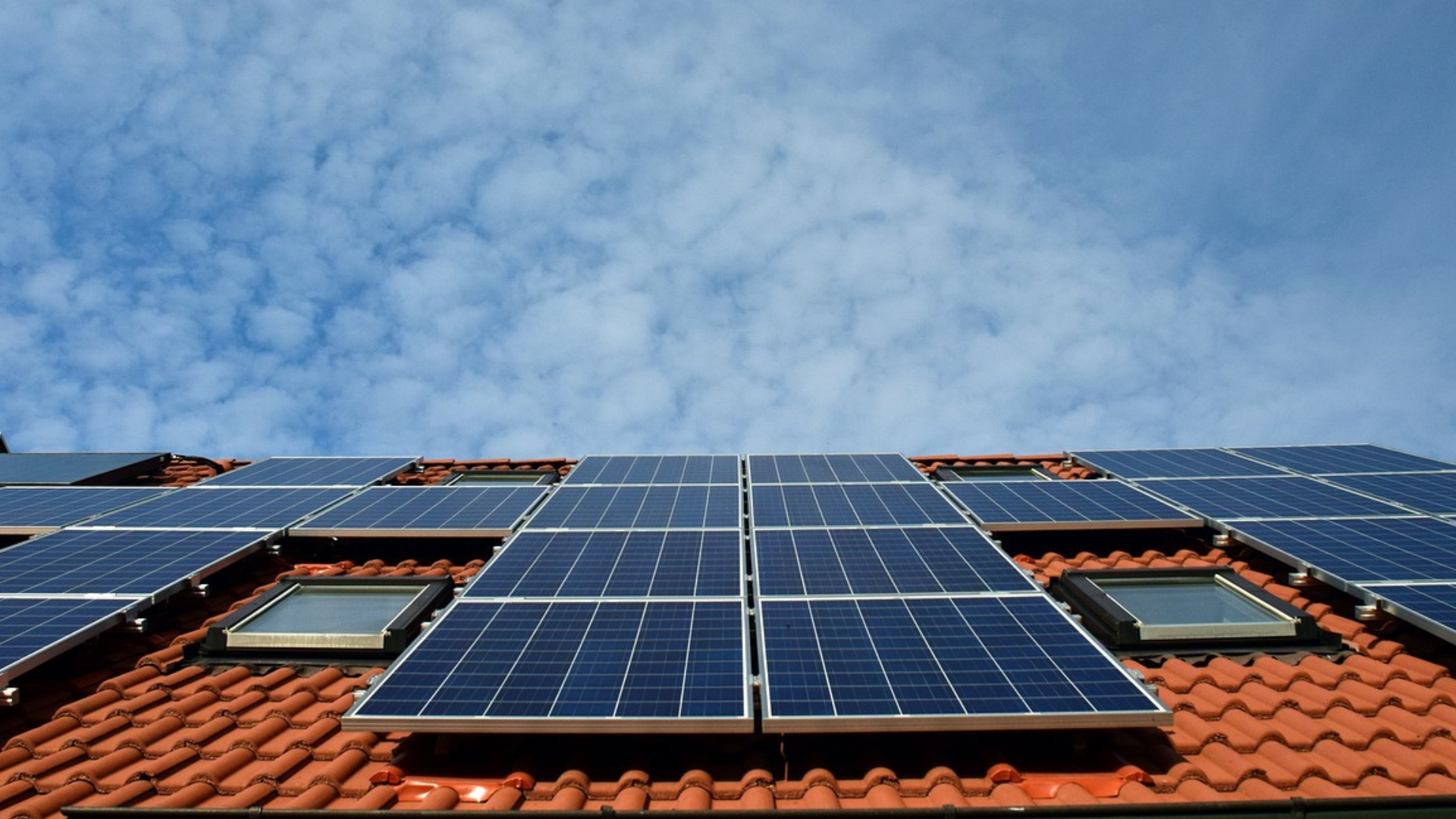Energy poverty remains at high levels in the EU Member States due to increasing energy costs and slow progress on energy efficiency improvements. Despite various policies in place that directly or indirectly mitigate energy poverty at the household level, energy poverty is increasing in the private rented sector (PRS). The PRS also presents quite specific issues that cannot be dealt with adequately in the framework of energy poverty linked directly to energy efficiency, such as a) difficulty to identify and quantify energy-poor households in the PRS; and b) the delivery of energy efficiency measures to these households is difficult due to structural problems like information deficits, split incentives and others. ENPOR thus aims to overcome both challenges– making energy poverty in the PRS visible and as far as possible quantifiable, and also test energy efficiency support schemes to address it. This can increase the effectiveness of policies at a local or regional level, an alignment with structural measures is needed. Dedicated actions are therefore needed that actively contribute to alleviating energy poverty in the PRS by identifying energy-poor tenants (and respective homeowners) as well as understanding and addressing their needs. To this end, ENPOR will support the design, adaption and implementation of ten policies in 7 Member States tailored to the specific needs of the PRS and will integrate them into broader policy objectives. To achieve that, ENPOR will examine in-depth energy poverty policies for the PRS across the EU, monitor the dimensions of energy poverty in the PRS, support tailored policies, and will provide guidelines for other countries. Through ENPOR partners links with the Covenant of Mayors, EU Energy Poverty Observatory, and market (Union of Tenants and Associations of homeowners), the high-level dialogue on the EU level for the energy poverty in the PRS will be promoted.
Budget: ~2 Μ. Euros
Duration: 2020-2023
More information: https://www.enpor.eu/

The project has received funding from the European Union’s Horizon 2020 Research and innovation programme under grant agreement No 889385.


